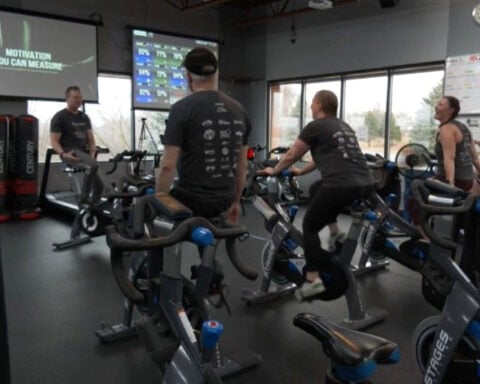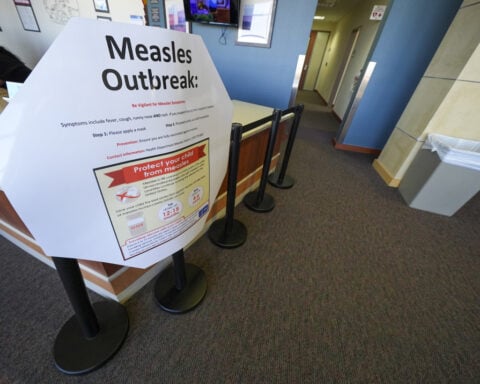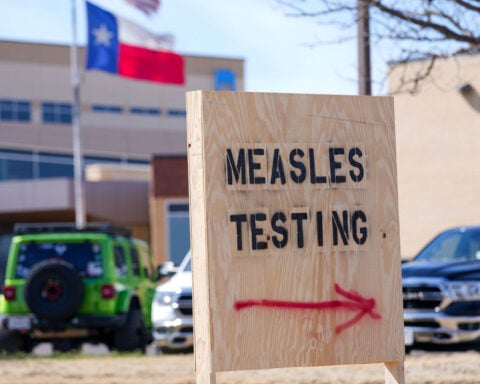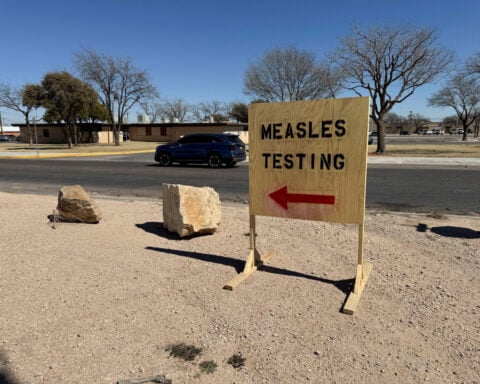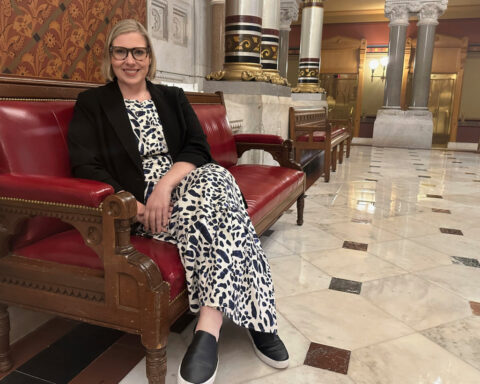In the realm of age, there exists a fascinating duality that goes beyond mere numbers. It's the paradox of feeling younger or older than your chronological age suggests—a phenomenon that science is now shedding light on. Recent studies reveal that our biological age, the rate at which our bodies age on a cellular level, may not always align with the years marked on our birth certificates. This discovery holds profound implications for our well-being and the possibilities of aging gracefully.
The concept of biological age stands in contrast to chronological age, which is a straightforward tally of the yearschronological age, we've lived. Dr. Kara Fitzgerald, a leading expert in epigenetics and aging, aptly explains, "Your biological age reflects the pace at which you're aging physically." Unlike chronological age, biological age is not set in stone; it's a dynamic metric influenced by various factors within our control.
Determining one's biological age isn't as simple as consulting an ID card. While online quizzes can offer rough estimates, the most accurate method involves a comprehensive examination of epigenetic data as it takes DNA samples, commonly acquired from saliva, blood, or other tissues, to offer an accurate evaluation.
Once you know your biological age, you may start to discover the elements in your life that may be affecting your aging. Despite your findings, expert studies have shown that there may be ways to slow down your biological clock.
Studies have demonstrated various degrees of success in reversing biological aging. For instance, in 2019, the first human study revealed that biological age could be reversed by up to three years. Another study focusing on vitamin D-deficient obese individuals indicated a reversal of biological age by 1.85 years in just 16 weeks, thanks to a targeted supplement regimen.
Contrary to the notion that our genes dictate our fate, the emerging field of epigenetics suggests otherwise. Dr. Fitzgerald emphasizes that our lifestyle choices play a pivotal role in influencing our genes. This encompasses everything from our dietary habits and sleep patterns to how we manage stress, engage with our community, nurture relationships, and maintain physical activity.
In a groundbreaking clinical trial, Dr. Fitzgerald and her team explored the potential of diet and lifestyle interventions to reverse biological age. The multifaceted treatment plan encompassed dietary adjustments, improved sleep, regular exercise, relaxation techniques, and the use of supplemental probiotics and phytonutrients. The results were striking, with participants experiencing a remarkable 3.23-year reduction in their biological age.
The optimal time to embark on the journey of modifying your biological age is in your 30s, as this is when changes in the aging process typically begin to manifest. Taking proactive steps to counter the negative effects of aging can yield substantial benefits.
Beyond individual well-being, there are broader implications to consider. Aging represents a significant risk factor for chronic diseases, including the likes of COVID-19 and influenza. Redirecting resources toward the pursuit of slowing, and even reversing, biological aging could hold tremendous potential for humanity as a whole.
As we delve deeper into the study of biological age, we find ourselves at the threshold of a new era in health and longevity research. The journey from understanding the science behind aging to applying this knowledge in our daily lives promises to unlock a brighter and healthier future, regardless of the number of candles on our birthday cake.

 Trump has begun another trade war. Here's a timeline of how we got here
Trump has begun another trade war. Here's a timeline of how we got here
 Canada's leader laments lost friendship with US in town that sheltered stranded Americans after 9/11
Canada's leader laments lost friendship with US in town that sheltered stranded Americans after 9/11
 Chinese EV giant BYD's fourth-quarter profit leaps 73%
Chinese EV giant BYD's fourth-quarter profit leaps 73%
 You're an American in another land? Prepare to talk about the why and how of Trump 2.0
You're an American in another land? Prepare to talk about the why and how of Trump 2.0
 Chalk talk: Star power, top teams and No. 5 seeds headline the women's March Madness Sweet 16
Chalk talk: Star power, top teams and No. 5 seeds headline the women's March Madness Sweet 16
 Purdue returns to Sweet 16 with 76-62 win over McNeese in March Madness
Purdue returns to Sweet 16 with 76-62 win over McNeese in March Madness

